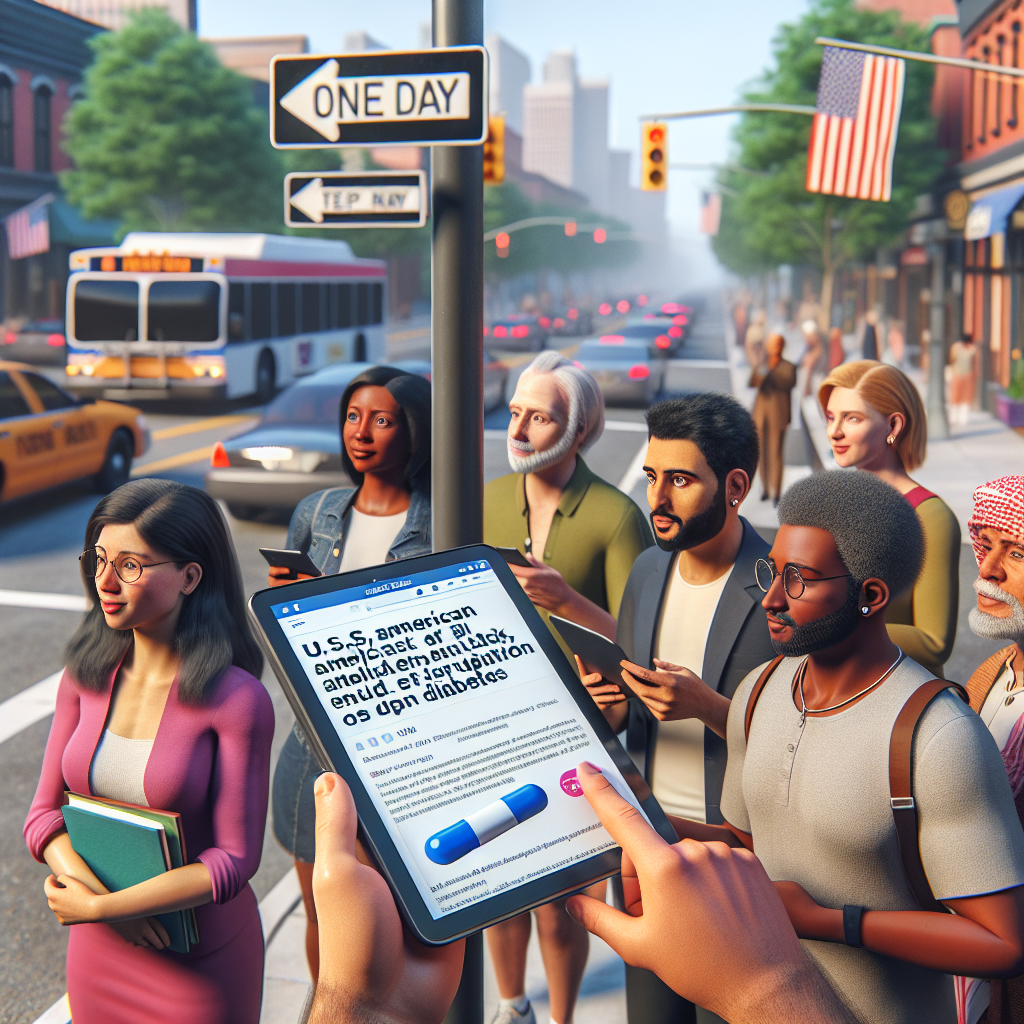Rising Concerns: The High Costs of Diabetes Treatments by Lilly and Novo

The Impact of High Drug Prices in Healthcare
The rising costs of diabetes treatments have sparked significant debate, particularly regarding the list prices set by major drug manufacturers like Lilly and Novo. Both companies have been in the spotlight for their diabetes medications, which carry a hefty price tag of approximately $1,000 for a month’s supply. This situation raises crucial questions about healthcare accessibility and the ethical responsibilities of drugmakers.
The Price Dilemma
- Monthly Cost: At around $1,000, many patients find these medications prohibitively expensive, accentuating the push for more affordable healthcare solutions.
- Impact on Patients: High costs can lead to under-treatment, where patients may choose to skip doses or mismanage their condition due to financial constraints.
Industry Response
Drug companies insist that the price of medications reflects the extensive research and development processes involved in bringing these treatments to market. However, critics argue that the accessibility of life-saving medications is more pressing than profit margins.
Government and Public Reactions
- Legislative Measures: There are ongoing discussions in various governments about potential regulations to cap drug prices or improve insurance coverage.
- Public Awareness Campaigns: Advocacy groups are raising awareness about the financial burdens that high medication costs place on individuals.
A Call for Change
As we navigate the evolving landscape of healthcare, the question remains: How can we balance innovation in drug development with the necessity for affordable treatment options? Continued dialogue among stakeholders—patients, healthcare professionals, policymakers, and pharmaceutical companies—is essential to find equitable solutions in tackling the high costs of essential medications like those offered by Lilly and Novo.
In conclusion, the debate surrounding the pricing of diabetes treatments calls for urgent attention to ensure that critical healthcare services remain accessible to all individuals, regardless of their financial situation.
